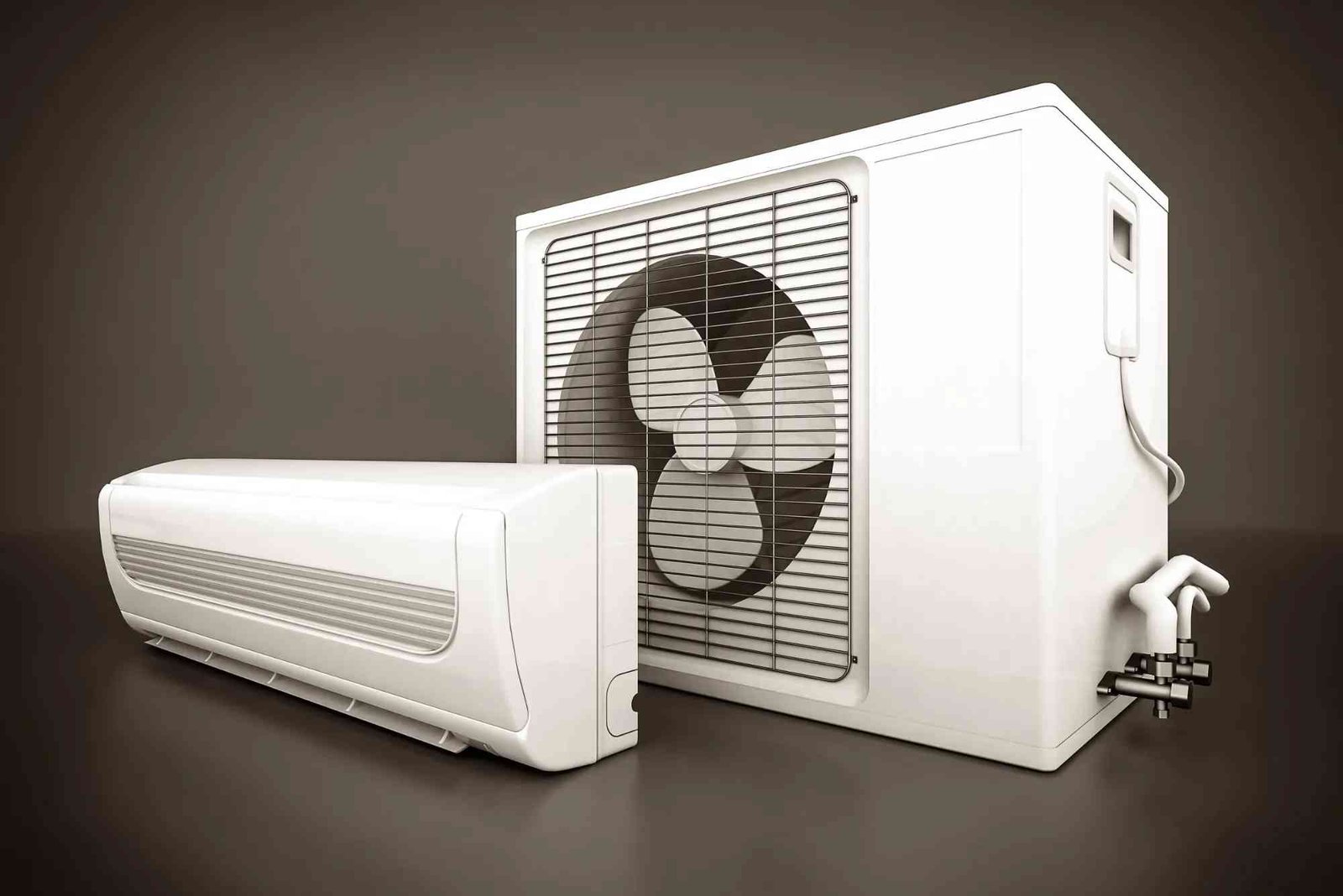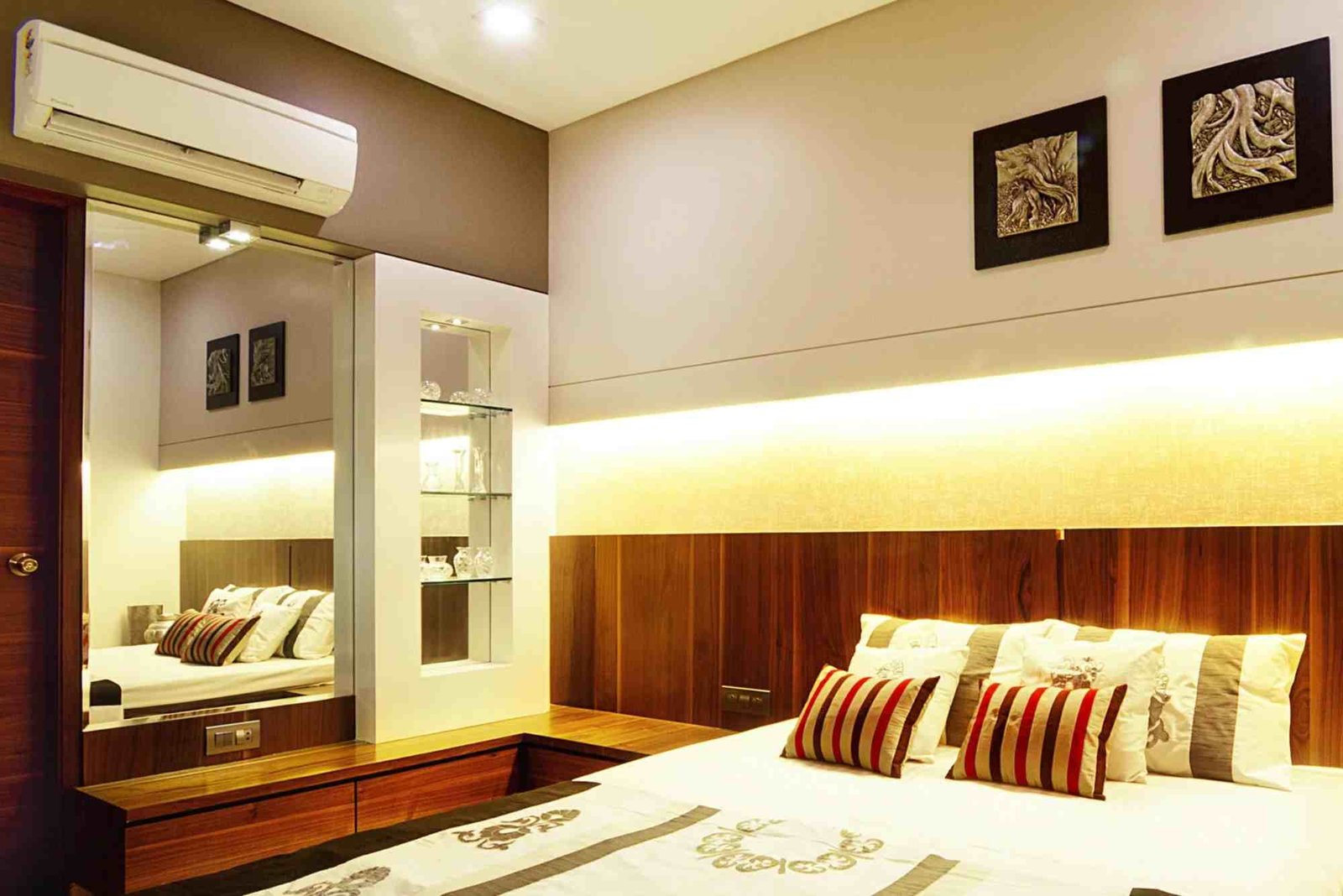In the evolving landscape of healthcare, the integration of retail services within medical facilities has significantly enhanced the convenience and overall patient experience. Retail services in healthcare settings provide a variety of products and services that support patient care, improve accessibility, and offer additional amenities. This article explores the range of retail services available to patients, their benefits, and how they contribute to a more holistic healthcare experience.
Types of Retail Services in Healthcare
Pharmacy Services
Pharmacy services within healthcare facilities offer a one-stop solution for patients needing medications and related products.
Key Features of In-House Pharmacies
- Prescription Fulfillment: Immediate access to prescribed medications, reducing wait times and ensuring continuity of care.
- Medication Counseling: Pharmacists available for consultations to provide guidance on medication usage, potential side effects, and interactions.
- Over-the-Counter (OTC) Products: Availability of common OTC medications and health products for minor ailments and general health maintenance.
Medical Supply Stores
Medical supply stores within healthcare settings provide patients with necessary medical equipment and supplies.
Products Available
- Durable Medical Equipment (DME): Items such as wheelchairs, walkers, and hospital beds.
- Home Care Supplies: Products like wound care dressings, incontinence supplies, and diabetic testing equipment.
- Rehabilitation Aids: Devices to assist with mobility, therapy, and recovery.
Retail Clinics
Retail clinics, often located within pharmacies or large retail stores, offer convenient access to basic healthcare services.
Services Provided
- Minor Illness Treatment: Addressing common conditions such as colds, flu, and minor infections.
- Preventive Care: Providing vaccinations, health screenings, and physical exams.
- Chronic Disease Management: Assisting with the management of conditions such as hypertension and diabetes through regular monitoring and counseling.
Food and Beverage Services
Food and beverage services in healthcare facilities enhance patient and visitor convenience by offering nutritious meal options.
Service Options
- Cafeterias and Cafes: Providing healthy meal choices and refreshments for patients, visitors, and staff.
- Vending Machines: Offering quick snacks and beverages outside of regular cafeteria hours.
- Room Service: Delivering meals directly to patients’ rooms, catering to dietary needs and preferences.
Retail Shops and Gift Stores
Retail shops and gift stores within healthcare facilities provide a variety of products that contribute to patient comfort and convenience.
Products and Services
- Gifts and Cards: Items for visitors to purchase for patients, including flowers, cards, and gifts.
- Personal Care Items: Toiletries, clothing, and comfort items for patients staying in the hospital.
- Books and Magazines: Reading materials to help pass the time during hospital stays.
Benefits of Retail Services for Patients
Enhanced Accessibility
Retail services within healthcare facilities improve accessibility to necessary products and services.
Convenience of In-House Services
- One-Stop Shopping: Patients can access multiple services and products in one location, reducing the need for additional trips.
- Extended Hours: Many retail services offer extended hours, making it easier for patients and visitors to access what they need outside of regular business hours.
Improved Patient Experience
Retail services contribute to a more positive patient experience by providing comfort and convenience.
Patient Comfort and Satisfaction
- Immediate Access: Quick access to medications, medical supplies, and other necessities without leaving the healthcare facility.
- Personalized Service: Personalized attention and guidance from knowledgeable staff in pharmacies and retail clinics.
Support for Health and Wellness
Retail services promote overall health and wellness by offering products and services that support healthy living.
Health and Wellness Offerings
- Nutritional Support: Access to healthy food options and dietary supplements.
- Preventive Care: Vaccinations, health screenings, and wellness products available on-site.
- Educational Resources: Information and resources provided by pharmacists and clinic staff to support healthy lifestyles.
Technology and Innovation in Retail Services
E-Prescriptions and Online Ordering
Technology enhances retail services by streamlining processes and offering greater convenience.
E-Prescriptions
- Efficient Processing: Electronic prescriptions reduce wait times and errors associated with handwritten prescriptions.
- Direct Integration: Seamless integration with electronic health records (EHRs) for accurate and timely prescription fulfillment.
Online Ordering
- Convenient Access: Patients can order medications and medical supplies online and have them delivered to their homes.
- Auto-Refills: Automatic refill services ensure patients receive their medications on time without needing to manually reorder.
Mobile Health Applications
Mobile health applications provide additional convenience and support for patients using retail services.
Features of Mobile Health Apps
- Medication Reminders: Alerts to remind patients to take their medications and refill prescriptions.
- Health Tracking: Tools to track health metrics such as blood pressure, blood glucose, and medication adherence.
- Virtual Consultations: Access to telehealth services for consultations with pharmacists or healthcare providers.
Integration with Healthcare Services
Coordinated Care
Integrating retail services with healthcare services ensures a coordinated approach to patient care.
Benefits of Coordinated Care
- Holistic Approach: Addressing all aspects of a patient’s health, from medical treatment to nutritional support and preventive care.
- Streamlined Communication: Improved communication between healthcare providers and retail service staff, enhancing the quality of care.
Support for Chronic Disease Management
Retail services play a crucial role in supporting the management of chronic diseases.
Chronic Disease Support
- Regular Monitoring: Health screenings and regular check-ups available at retail clinics for ongoing management of chronic conditions.
- Medication Management: Pharmacists provide medication therapy management to ensure patients take their medications correctly and address any issues.
Case Studies and Examples
Case Study: Pharmacy-Based Immunization Programs
Pharmacies offering immunization services have significantly increased vaccination rates in communities.
Impact of Immunization Programs
- Increased Access: Convenient locations and extended hours make it easier for individuals to get vaccinated.
- Public Health Improvement: Higher vaccination rates contribute to herd immunity and reduced incidence of vaccine-preventable diseases.
Example: Retail Clinics in Large Retail Stores
Retail clinics located within large retail stores provide accessible and affordable healthcare services to a broad population.
Benefits of Retail Clinics
- Convenient Care: Patients can receive medical care while shopping, saving time and effort.
- Cost-Effective: Retail clinics often offer services at lower costs compared to traditional healthcare settings, making healthcare more affordable.
Future Trends in Retail Services for Healthcare
Expansion of Services
The range of retail services in healthcare is expected to continue expanding, offering more comprehensive support for patients.
Potential Future Services
- Telehealth Kiosks: Self-service kiosks for virtual consultations with healthcare providers.
- Wellness Programs: Expanded wellness programs offering holistic health support, including fitness classes and mental health resources.
Technological Advancements
Advancements in technology will further enhance the convenience and effectiveness of retail services in healthcare.
Emerging Technologies
- AI and Machine Learning: Utilizing artificial intelligence to personalize patient care and predict health needs.
- Blockchain: Implementing blockchain technology for secure and transparent management of patient data and transactions.
Retail services in healthcare settings provide significant benefits by enhancing convenience, accessibility, and overall patient experience. From in-house pharmacies and medical supply stores to retail clinics and food services, these offerings support patient care and contribute to better health outcomes. As technology continues to advance and the range of services expands, retail services will play an increasingly important role in delivering comprehensive, patient-centered healthcare. By understanding and utilizing these services, patients can enjoy a more streamlined and supportive healthcare experience.



